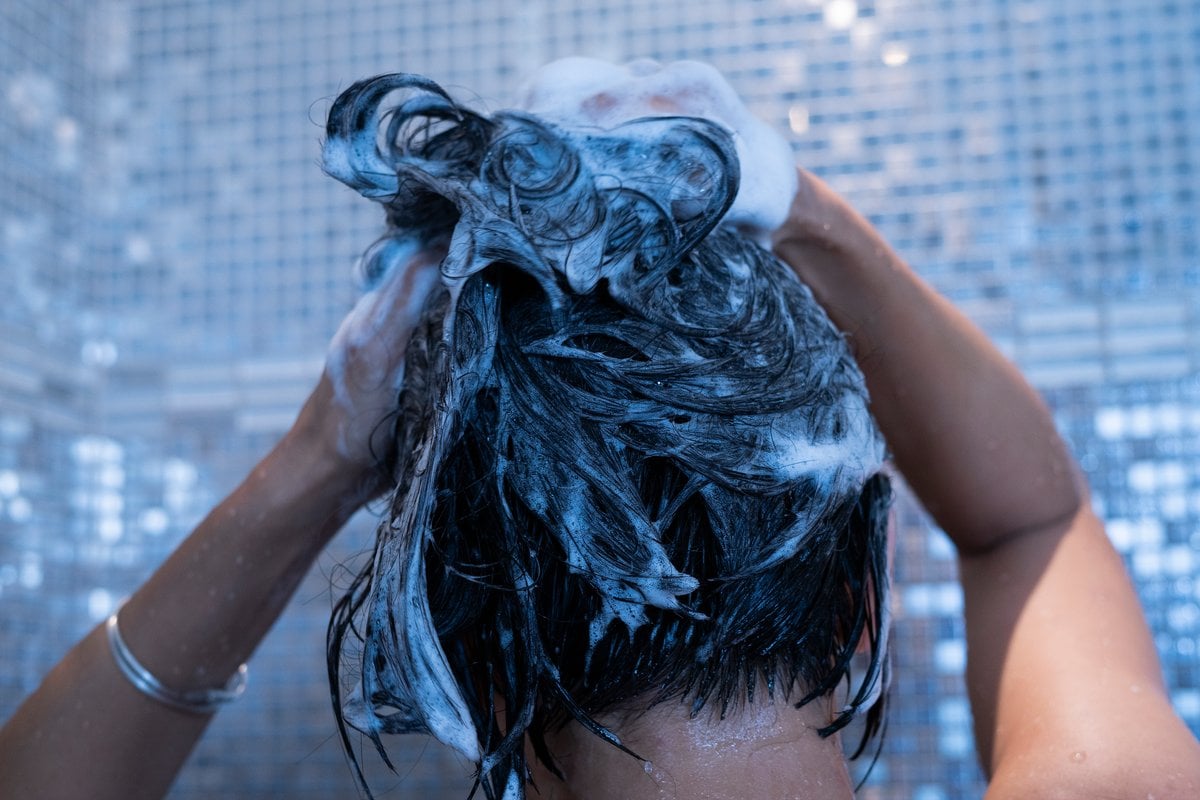
We're going to take a wild guess.
If you're reading this right now, we're going to assume that you have oily hair. You wash your hair more often than you'd like to and you reach for dry shampoo (we assume you have a favourite) almost daily. Are we right?
Don't worry, us too.
Watch: Five ways to lift your hair game. Post continues after video.
Being blessed with oily hair comes with very few pros. One being, you can slick your hair back without putting product in it. Woop! But most of the time, it's quite an annoying trait to have.
Carolyn Evans-Frost is a trichologist at Absolique Hair Health Clinic in Brisbane, and she knows more than a thing or two about oily hair, including what causes it and how to fix it.
So read on for her advice and guidance, plus, some handy tips for oily hair.
So what actually causes oily hair?
Before we get into exactly how to help our oily hair, it's good to know what causes it. As Carolyn explains, there are three main reasons that hair produces oil.
"Every hair on our head has its own oil gland," Carolyn said. "Oily hair is the result of an overactive oil gland, hair thinning where the hair has reduced in size (diameter) but the oil gland remains the same size, or Essential Fatty Acid (EFA) deficiency – when levels are low in the body and the body tries to let you know by producing more oil.